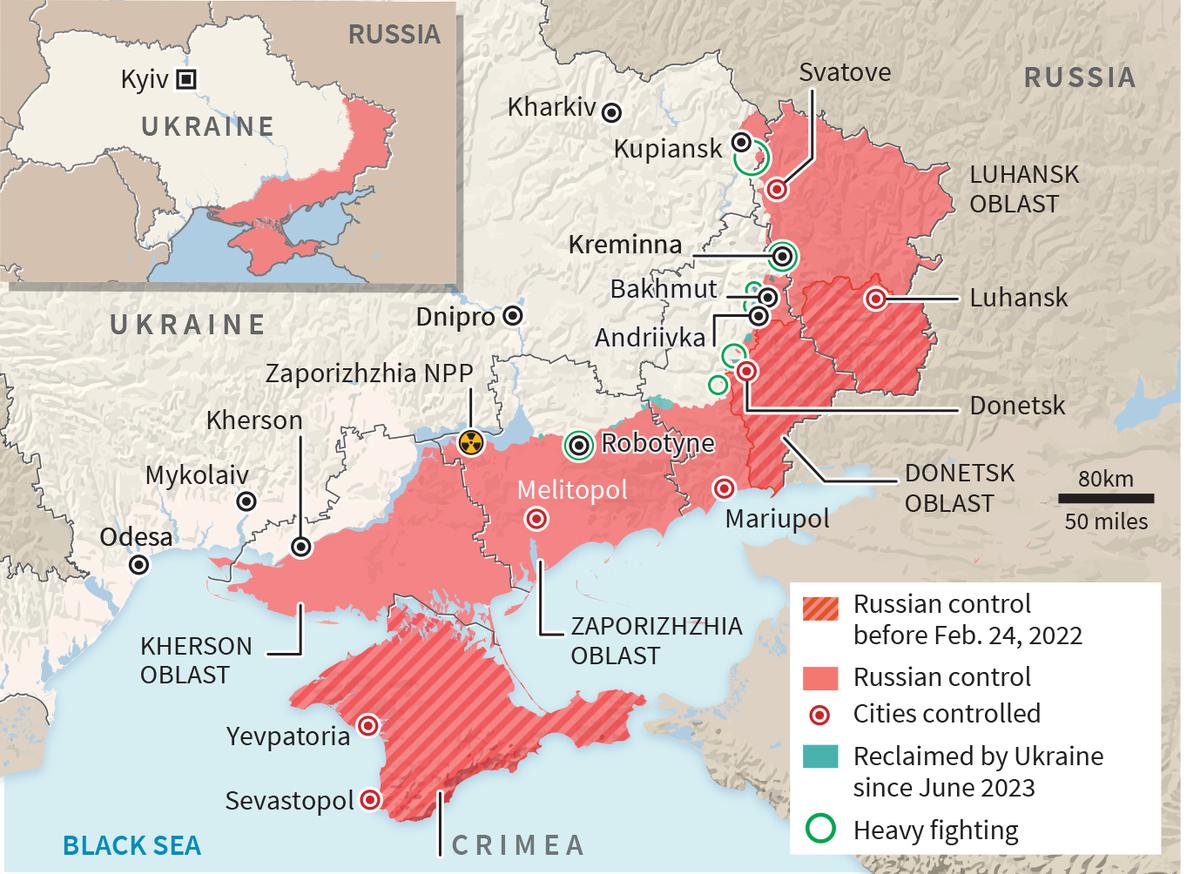Hong Kong has charged two persons in the span of a week with “sedition” over social media posts and clothing slogans, under a new national security law.
The city passed a homegrown security law in March, commonly known as Article 23, which the United States and Britain have criticised for curbing rights.
Also Read:Watch | What is Hong Kong’s new national security law?
The legislation is Hong Kong’s second national security law and follows the one imposed by Beijing in 2020 after huge, sometimes violent pro-democracy protests a year earlier.
On Friday, authorities charged Au Kin-wai, 58, with publishing “seditious” posts on social media platforms such as Facebook, YouTube and X.
Mr. Au published the content intending to incite “hatred, contempt or disaffection against the fundamental system of the state” and against Hong Kong’s constitutional order, according to a court document.
Authorities separately charged Chu Kai-pong on June 14 with sedition, saying the 27-year-old wore a t-shirt calling for Hong Kong’s “liberation” and a mask with a design suggestive of a protest slogan, local media reported.
Both men have been kept in custody pending trial.
Under Article 23, the maximum jail term for sedition — an offence created during British colonial rule — has been upped from two years to seven.
The offence was also revamped to cover inciting hatred against China’s Communist leadership and socialist system.
Authorities said that as of June 7, 299 people have been arrested for national security crimes under various laws.
Officials have refused, when asked by AFP, to specify the number of arrests and prosecutions under Article 23.















